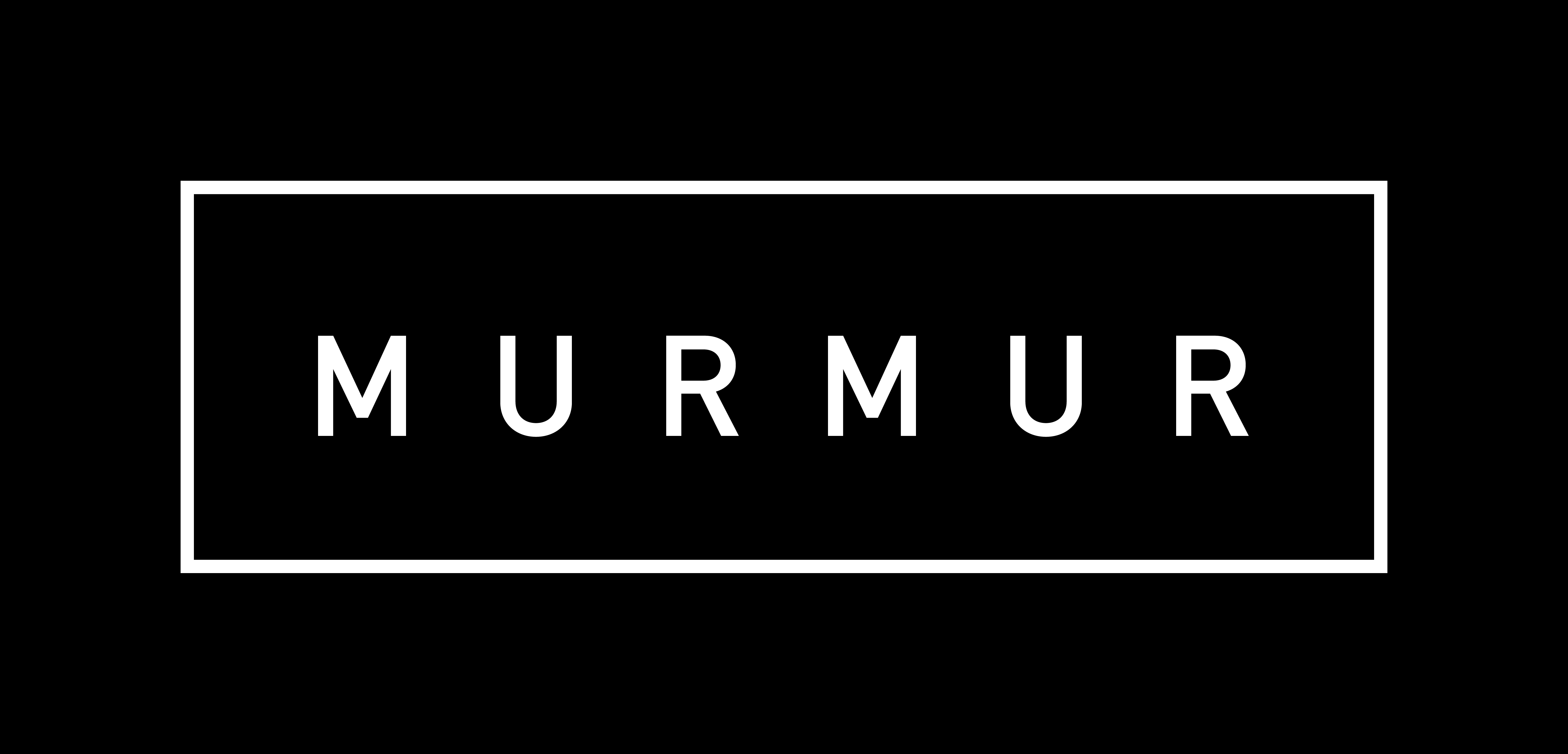Navigating a New Role During COVID-19

In a time where most of my colleagues were losing their job, I was fortunate enough to have accepted a position at Murmur Group.
A boutique agency in Sydney who despite the times have experienced rapid growth in their client roster.
I had met Dave – the Managing Director, a few times during the interview process and the rest of the team once, though by the time I had started, Murmur was already two-weeks into a work from home rhythm.
Presenting a new challenge I never thought I’d face: navigating a new role in isolation.
Starting a new role is challenging enough. From new personalities and client rosters to processes and systems, it’s daunting for anyone no matter what position you’re stepping into.
As I approach the six month mark of working with the Murmur team, I’ve compiled a list of challenges I faced as well as the solutions we developed to help navigate this new era of work.
Challenge 1: Developing office relationships with new co-workers
I took for granted how being in an office with the same people, 5 days a week helps develop and grow relationships.
Without the opportunity to experience the little nuances of personality, the biggest challenge I found when I first started at Murmur was getting to know the people I was working with.
Solution: Find new ways to communicate
I don’t mean the typical channels like Zoom and Slack that have boomed since we’ve all been working from home.
I mean find ways to draw out the personality of the people you’re working with. For example: Split the time in your morning call to discuss priorities for the day but then to channel your inner Tony Robbins to ask questions about personal goals, achievements or what the team is proud of.
Naturally these will draw out the little idiosyncrasies of your team’s personality. Thanks Dave!
Challenge 2: Simulating an office environment at home
I know I’m not the only person going through this particular challenge. I live with 4 other people, so finding space is hard at the best of times, finding a workspace when you’re all at home working is even harder.
It can be challenging to find a space that allows you to get in the zone to work which is why it’s important to prioritise the important elements that allow you to get your job done.
This doesn’t apply if you’re lucky enough to have a dedicated room in your home that you can use as an office.
This is for the kitchen bench, dining table, couch, bed, patio furniture if it’s a nice day, workers.
We’re lucky the face of professionalism has changed and clients and bosses are (hopefully for you) becoming more lenient with roommates or kids walking behind you or the mid Zoom call mute to tell your housemates to keep it down or for you to find a more quiet location.
Solution: Pick your office environment priorities
You’re never going to be able to recreate your entire office vibe so choosing three key things to prioritise will allow you to free up brain power to keep focussing on work. I prioritised the following:
- Simulating a typical work day routine. That means after our morning meeting and answering any urgent client emails I go for a walk to my local to grab a coffee (or I just go for a quick walk around the block when I try to test my caffeine limits). I do the same thing at 3:00pm.
- Setting dedicated start & end times. Granted this one has to have some leniency as we’re all working above and beyond. Although when the end of your work day is signaled by the closing of a laptop, setting boundaries is key to prevent overworking. Set reasonable working hours and avoid the computer on weekends.
- Prioritise mindfulness or a form of self care. It’s a period of high stress, tensions are high among everyone so it’s important to take some time to disconnect. Whether that be with meditation or another kind of self care, find something that allows you to reconnect with something you love outside of work.
Challenge 3: Confidence at work
This wasn’t something I struggled with particularly before the COVID19 crisis.
I’m a big believer in asking for help or questioning ideas in the workplace in order to better improve.
However, since working in isolation plus the added environmental stress, my confidence in my ability did become somewhat shaky.
It’s natural to question yourself when you feel like you’re not performing to your best ability and self doubt can easily start to creep in. Am I communicating enough? Am I managing my team well enough? Am I servicing my clients to the standard I want to?
Solution: Learn, Teach, Grow
Remember, in times of stress, emotions are amplified and while you’re stressing your boss is probably thinking you’re doing great.
So when I find myself doubting my ability to perform I look at it as a learning opportunity and ask myself: What do I need to do in order to feel confident?
A lot of the answers fit into one of three categories, Learn, Teach or Grow.
Learn: I use downtime to upskill in certain areas of the business. Media Strategy isn’t a strength of mine, so I found courses online to fill in the gaps on my knowledge. That allowed me to help service my clients, but also interact closer with the different teams within the agency.
Teach: Being able to share my knowledge and experience with different members of my team, but also others within the agency has helped me feel more confident. The affirmation from sharing your skills goes a long way to boosting your confidence.
Grow: I always try and adopt a growth mindset. Just because I don’t know something doesn’t mean I never will. So there’s always an opportunity rather than a set back to step out of my comfort zone and acknowledge the bravery to do so.
Above all else though, being honest about how you’re feeling with your colleagues, friends or family and having a support network will go a long way to help you keep the self doubt at bay.


